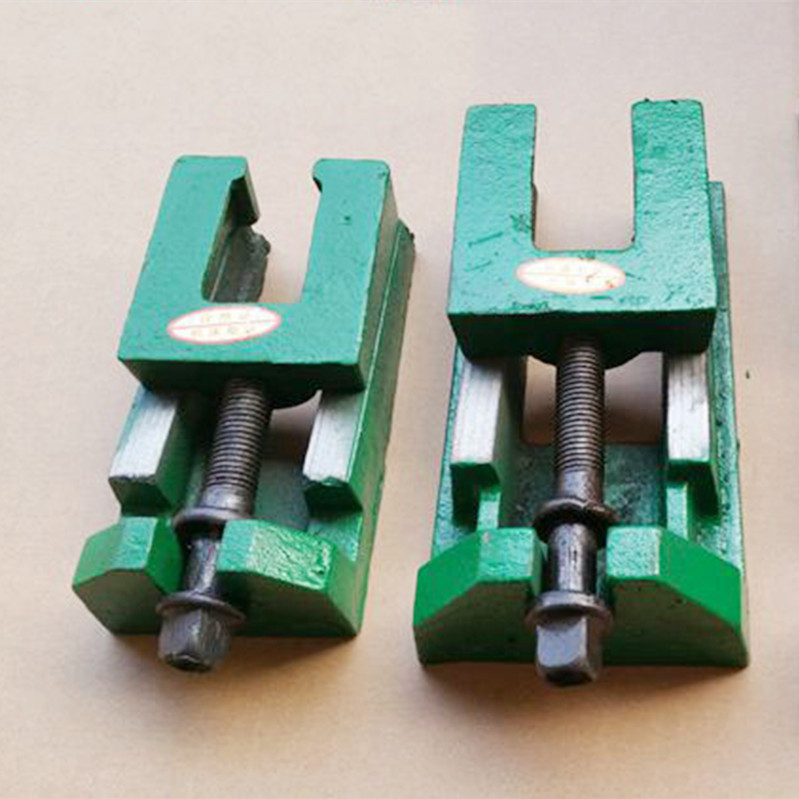დეკ . 15, 2024 02:34 Back to list
Optimizing Filter Performance for DN50 Applications in Fluid Dynamics
Understanding Filter DN50 An In-Depth Overview
In the world of fluid mechanics and engineering, filters play a crucial role in ensuring that systems operate efficiently and effectively. Among the various types of filters used across industries, the DN50 filter has garnered attention for its specific applications and benefits. In this article, we will dive deep into what a DN50 filter is, its specifications, applications, and both its advantages and limitations.
What is a DN50 Filter?
The term DN50 refers to the nominal diameter of the filter's inlet and outlet ports, specifically 50 millimeters. The DN stands for “Diameter Nominal,” a unit of measurement in the metric system that indicates the size of a pipe or a fitting. Filters are essential components designed to remove contaminants from fluids, be it water, oil, or gas. The DN50 filter is optimized for medium to high flow rates, making it suitable for various applications in industrial processes.
Specifications of DN50 Filters
Typically, a DN50 filter is constructed from high-quality materials that can withstand different temperatures and pressures. Common materials include stainless steel, plastic, and various alloys, depending on the specific application and environment. Here are some key specifications commonly associated with DN50 filters
1. Flow Rate DN50 filters can handle a substantial flow rate, generally ranging from 15 to 30 cubic meters per hour, though this can vary based on the design and make. 2. Filtration Rating The filtration rating can vary, typically from 50 microns to 300 microns, depending on the purpose of the filter. This rating indicates the size of particles that can be effectively removed from the fluid.
3. Pressure Rating The pressure rating is usually around 10 bar, allowing these filters to function efficiently under considerable pressure.
4. Connection Type Depending on the installation requirements, DN50 filters can come with various types of connections, such as flanged, threaded, or welded.
Applications of DN50 Filters
Given their robust characteristics, DN50 filters are widely used in diverse industries, including
1. Water Treatment Facilities DN50 filters play a pivotal role in municipal water treatment plants, helping to remove sediments and contaminants to ensure safe drinking water.
2. HVAC Systems These filters are integral to heating, ventilation, and air conditioning systems, enhancing air quality and system efficiency by filtering out dust, pollen, and other particulates.
3. Chemical Processing In chemical plants, DN50 filters are utilized to maintain product purity by removing impurities during production.
filter dn50

4. Oil and Gas The oil and gas industry relies heavily on DN50 filters to ensure that pipelines remain clear of debris and contaminants, which can cause disruptions and increase maintenance costs.
Advantages of DN50 Filters
The use of DN50 filters comes with several notable advantages
1. High Efficiency DN50 filters are designed to operate at high flow rates, making them efficient for large-scale applications.
2. Durability Constructed from robust materials, these filters can withstand harsh conditions, ensuring a long operational life.
3. Easy Maintenance Many DN50 filters feature a user-friendly design that makes them easy to clean and maintain, reducing downtime and operational costs.
4. Versatility Their ability to be used in a multitude of applications makes DN50 filters a favored choice for engineers and facility managers alike.
Limitations of DN50 Filters
Despite their benefits, DN50 filters may have some limitations, including
1. Cost High-quality DN50 filters can be more expensive than smaller counterparts, which might be a concern for some budget-constrained projects.
2. Space Requirements The physical size of DN50 filters may pose a challenge in environments where space is limited.
3. Maintenance Needs While they are designed for easy maintenance, regular maintenance is still necessary to ensure optimal performance and longevity.
Conclusion
In conclusion, the DN50 filter is a robust and versatile component integral to a wide range of industrial applications. Understanding its specifications, benefits, and potential limitations can help engineers and facility managers make informed decisions tailored to their specific needs. As industries continue to evolve, the demand for efficient filtration solutions like DN50 filters will undoubtedly rise, underscoring the importance of this vital component in modern engineering.
-
Precision Manufacturing with Advanced Spline Gauge DesignNewsJul.31,2025
-
Industrial-Grade Calibrated Pin Gauges for Exact MeasurementsNewsJul.31,2025
-
Industrial Filtration Systems Depend on Quality Filter DN50 SolutionsNewsJul.31,2025
-
High-Performance Gate Valve WholesaleNewsJul.31,2025
-
Granite Surface Plate The Ultimate Solution for Precision MeasurementNewsJul.31,2025
-
Granite Industrial Tools The Ultimate Guide for Bulk BuyersNewsJul.31,2025
Related PRODUCTS









